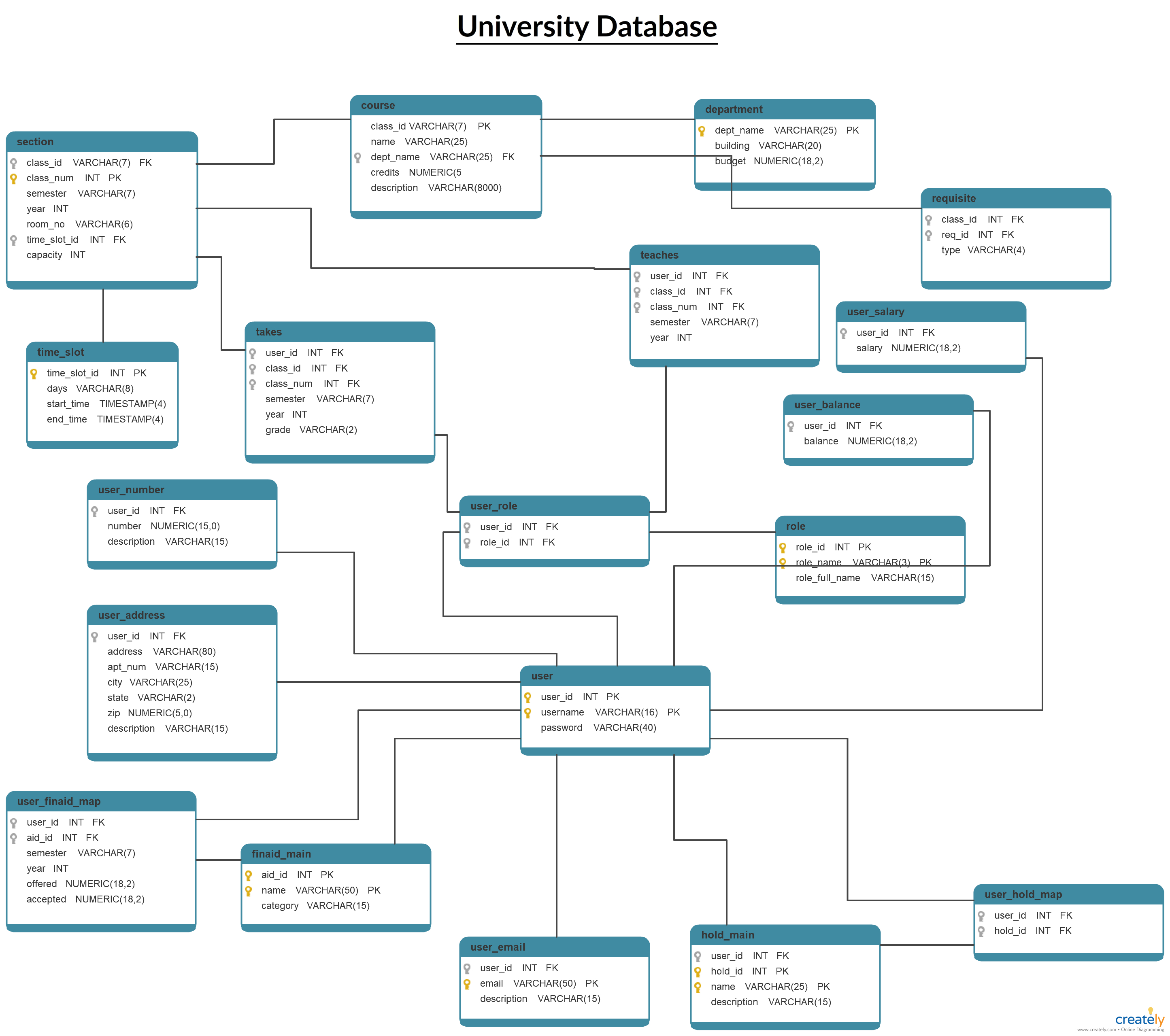

It is called Relational Database Management System (RDBMS) because it is based on the relational model introduced by E.F. RDBMS stands for Relational Database Management System.Īll modern database management systems like SQL, MS SQL Server, IBM DB2, ORACLE, My-SQL, and Microsoft Access are based on RDBMS. Object applications are simply not as data-centric as relational-based ones.Next → ← prev What is RDBMS (Relational Database Management System) This potentially misses the point of object orientation, highlighting the large semantic gap between these two technologies. ORDBMS vendors are attempting to portray object models as extensions to the relational model with some additional complexities. relational model are lost with these types of extension. essential simplicity’ and purity of the.

Further, there are the proponents of the relational approach that believe the The ORDBMS approach has the obvious disadvantages of complexity and associated increased costs. If the new functionality is designed appropriately, this approach should allow organizations to take advantage of the new extensions in an evolutionary way without losing the benefits of current database features and functions. This is a significant advantage, as many organizations would find it prohibitively expensive to change. the extended relational approach preserves the significant body of knowledge and experience that has gone into developing relational applications. Use of experience in developing RDBMS: Another obvious advantage is that. Increased Productivity: ORDBMS provides increased productivity both for the developer and for the, end user Reuse comes from the ability to extend the DBMS server to perform standard functionality centrally, rather than have it coded in each application. Reuse and Sharing: The main advantages of extending the Relational data model come from reuse and sharing. There are following advantages of ORDBMSs: ORDBMSs can provide appropriate solutions for many types of advanced database applications. Advantages and Disadvantages of ORDBMSS.We’ll be covering the following topics in this tutorial: The most obvious way to remedy the shortcomings of the relational model is to extend the model with these types of feature. They agree that traditional relational DBMSs are not suited to the advanced application. However, many vendors of RDBMS products are conscious of the threat and promise of the OODBMS. Until recently, the choice of DBMS seemed to be between the relational DBMS and the object-oriented DBMS. However, their sales are unlikely to overtake those of relational systems because of the wealth of businesses that find RDBMSs acceptable, and because businesses have invested to much money and resources in their development that change is prohibitive. Some industry analysts expect the market for the OODBMSs to grow at over 50% per year, a rate faster than the total database market. The OODBMS continues to find new application areas, such as the World Wide Web. Although the OODBMS market is still same. The OODBMS has also become the favored system for financial and telecommunications applications. Relational DBMSs are currently the dominant database technology.


 0 kommentar(er)
0 kommentar(er)
